Discover comprehensive information for all aspects of sexual health and find resources and guidance to empower your sexual well-being.
Erectile dysfunction (ED) means having trouble getting or keeping an erection that’s good enough for…
Discover comprehensive information for all aspects of sexual health and find resources and guidance to empower your sexual well-being.
Erectile dysfunction (ED) means having trouble getting or keeping an erection that’s good enough for…
Erectile dysfunction (ED) is a condition that affects many men worldwide, leading to significant stress,…
Prostate health is a critical concern for men, especially as they age. The prostate gland…
Painful erections never indicate normalcy, and sometimes signal a medical emergency. Severe pain may necessitate…
Sleep-related painful erection (SRPE) is a rare condition where people get painful erections while they’re…
Feeling nervous about sexual performance, known as Sexual Performance Anxiety (SPA), is pretty common. But…
Commitment issues can often manifest in romantic relationships, work, and other personal or professional spheres.…
Type 2 diabetes mellitus (T2DM) occurs when the body fails to use insulin effectively, leading to a chronic condition. The International Diabetes Federation Diabetes Atlas predicts that the global number of adults aged 20–79 with diabetes will rise from 537 million in 2021 to 643 million in 2030 and to 784 million in 2045, showing a projected increase of 46%.
You can prevent or delay the onset of T2DM by adopting a healthy diet, engaging in regular physical activity, maintaining a balanced body weight, and avoiding tobacco use.
Table of Contents
ToggleGenerally, the term “superfood” is used to promote foods that offer substantial health benefits, including disease prevention and overall health improvement, though there isn’t a universally agreed-upon definition. These foods typically contain high levels of specific nutrients like antioxidants or omega-3 fatty acids.
Related: Superfoods: All You Need To Know

Polyphenols and flavones are bioactive compounds that can have several effects on the body. They can:

Studies showed that these foods not only led to a significant decrease in blood glucose levels but also improved the lipid profile and reduced insulin resistance.
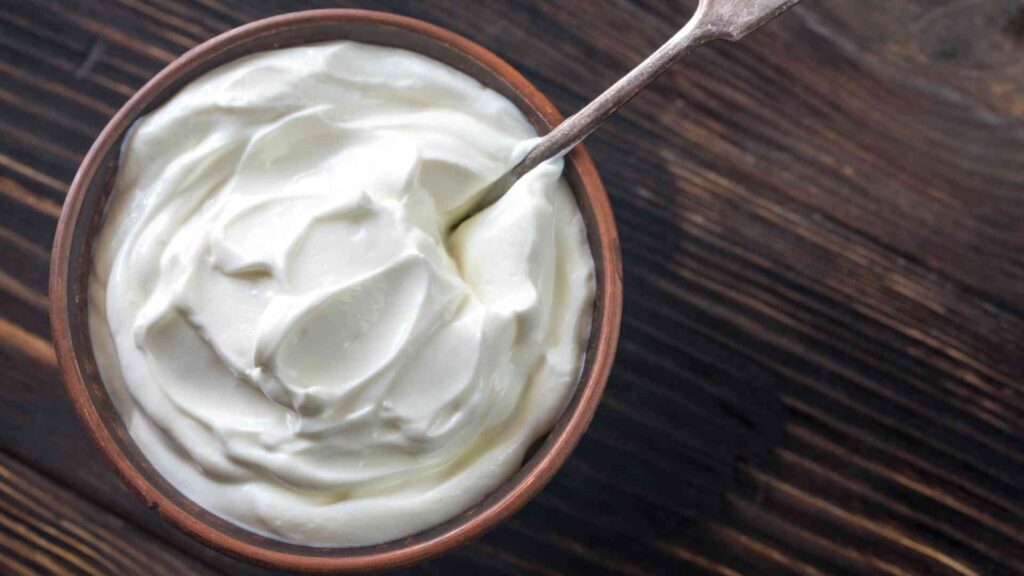
Fermented dairy products, particularly yogurts appear to have the ability to improve glycemic markers and potentially aid in the metabolic control of T2DM.
They achieve this by:
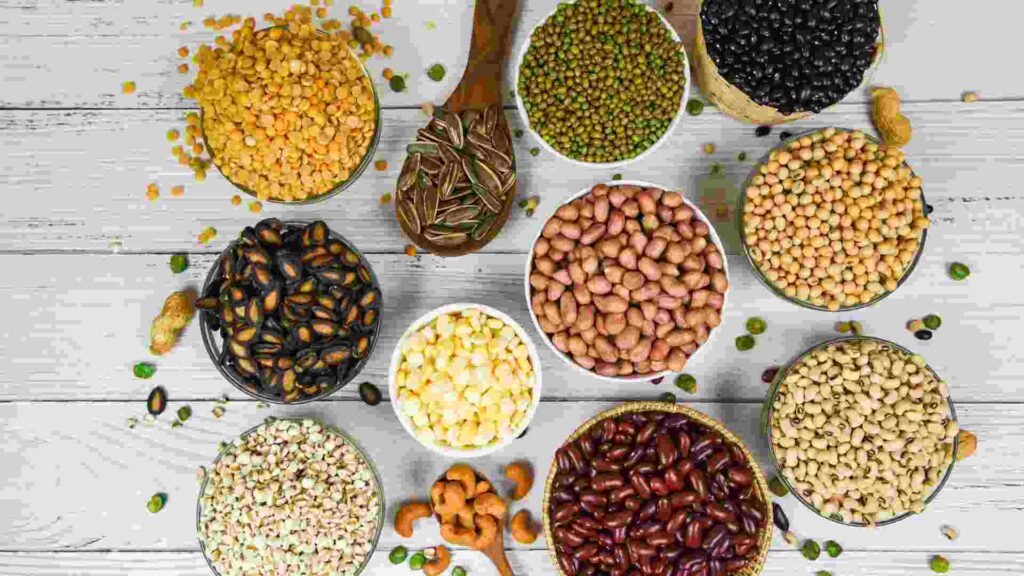
Consuming dietary fiber from whole grains can lead to
Insoluble dietary fibers, found in cereals, are particularly effective in improving whole-body insulin resistance, both in the short term and with prolonged intake.
Fiber, in general, delays gastric emptying and reduces the absorption of glucose in the intestines.
Consuming soluble dietary fiber is associated with lower triglyceride levels, according to research.
Eating whole grains also helps to manage long-term weight gain.
Processing whole grains, like barley, bulgur, farro, millet, quinoa, black rice, brown rice, red rice, wild rice, oatmeal, popcorn, and whole-wheat flour, should be avoided as it changes their dietary fiber composition and the release of phenolics.
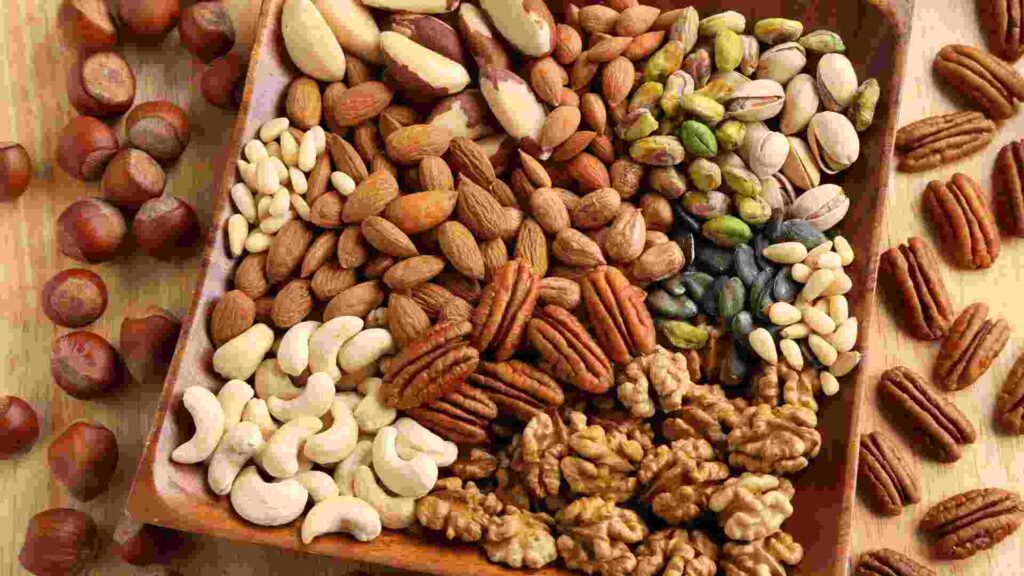
Overall, nuts have a lower glycemic index (GI), high fiber content, and are rich in non-sodium minerals like potassium and magnesium. Additionally, they contain high levels of antioxidant and anti-inflammatory compounds.
For individuals with T2DM consuming nuts is recommended as an alternative to carbohydrate-rich foods. This substitution helps improve glycemic control and reduces lipid risk factors.
Consumption of almonds and pistachios has been reported to lead to a reduction in HbA1c levels in patients with Type 2 Diabetes Mellitus
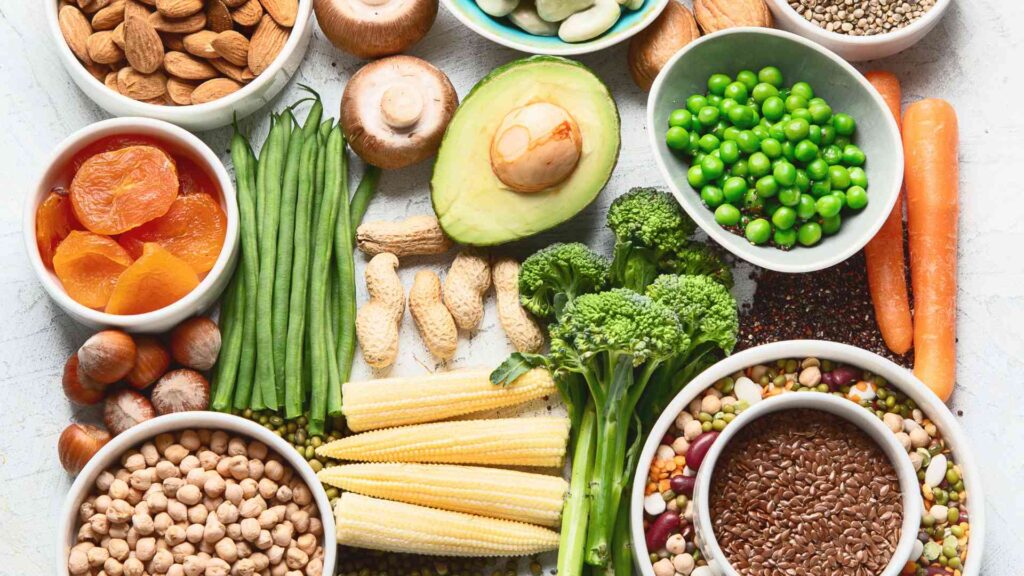
Diets high in plant protein, white meat, or fish protein have been shown to improve total cholesterol levels in individuals with T2DM compared to diets rich in red meat protein.
Additionally, a diet rich in plant protein was found to improve fasting glucose levels.
Research indicates that consuming plant protein foods, including leguminous proteins like beans and chickpeas (e.g., hummus), improves glycemic control and insulin sensitivity in patients with Type 2 Diabetes Mellitus.
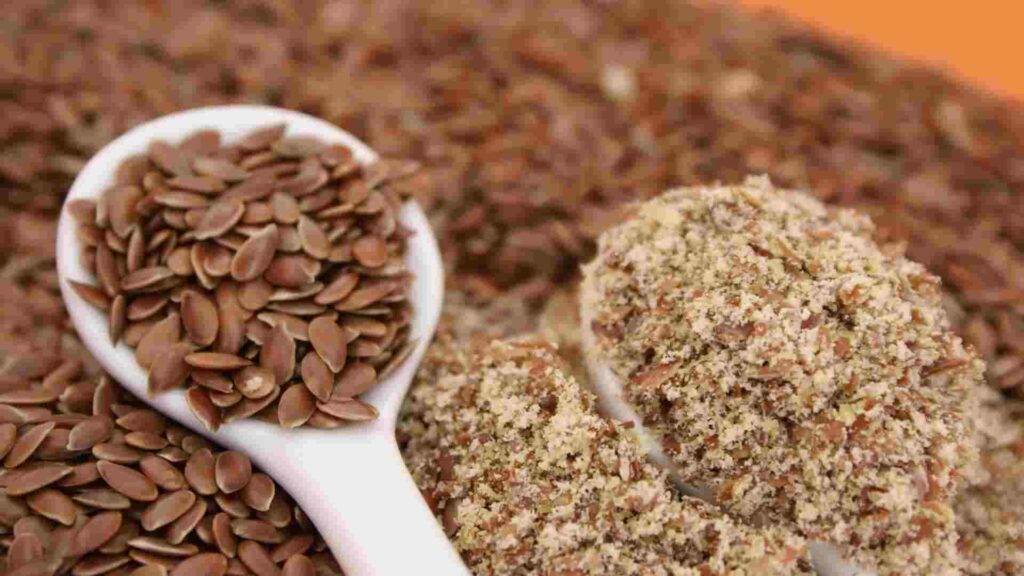
The bioactive components found in sunflower seeds and flaxseeds have been shown to improve insulin resistance and promote insulin production.
Flaxseed supplementation showed a significant reduction in HbA1c compared to the control group in participants with Type 2 Diabetes Mellitus. However, there was no significant effect on fasting blood glucose (FBG).
A variety of “superfoods” have been identified with potential metabolic benefits for individuals with Type 2 Diabetes Mellitus, including improvements in glycemic and lipid profiles. These include foods rich in polyphenols (such as berries), fermented dairy products, whole grains and cereals, nuts (such as almonds and pistachios), proteins (particularly plant proteins, legumes, and whey protein), sunflower seeds, and flax seeds.
It is advisable to integrate “superfoods” into the diet plan of individuals with T2DM under the guidance of a nutritionist.
Reference: Superfoods for Type 2 Diabetes: A Narrative Review and Proposal for New International Recommendations.Medicina (Kaunas).2023. https://www.ncbi.nlm.nih.gov/pmc/articles/PMC10384771/
Dr. Nishtha, a medical doctor holding both an MBBS and an MD in Biochemistry, possesses a profound passion for nutrition and wellness. Her personal journey, marked by significant struggles with physical and mental health, has endowed her with a unique empathy and insight into the challenges countless individuals face. Driven by her own experiences, she leverages her background to offer practical, evidence-backed guidance, empowering others on their paths to achieving holistic well-being. Dr. Nishtha truly believes in the interconnectedness of the mind and body. She emphasizes the significance of understanding this connection as a crucial stride toward attaining balance and happiness in life.

